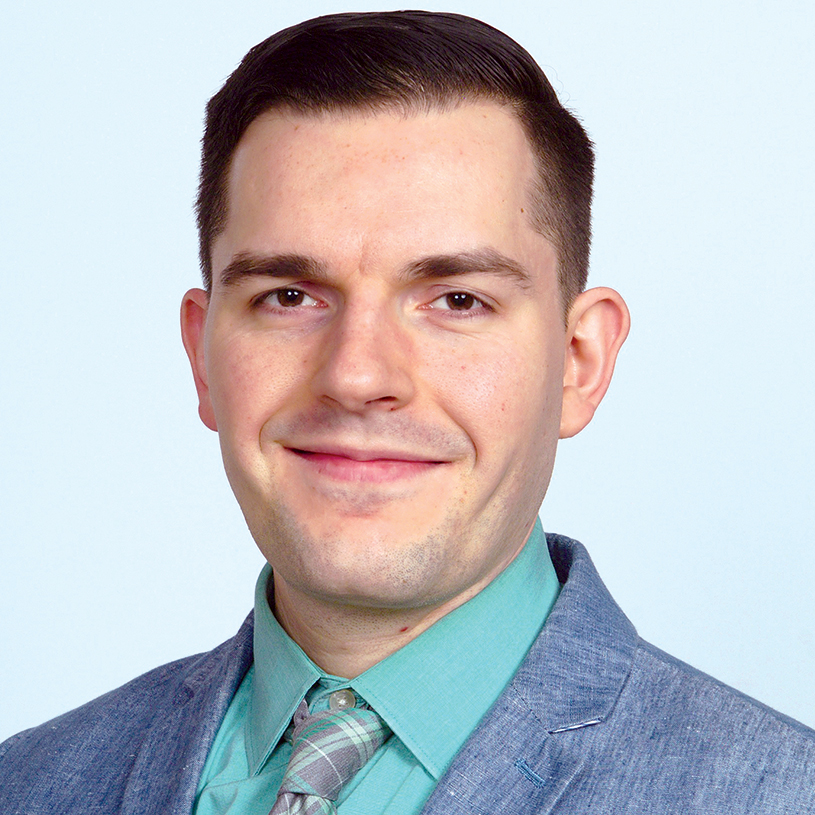
With all of the challenges that the skilled nursing field is facing nowadays, it would be easy to further define that line in the sand between you and your competitors/adversaries. My first instinct would certainly be to grab what’s mine and retreat to my comfort zone to try and hold onto my little slice of the skilled care pie.
Thankfully, the folks in Florida’s long-term care industry are a lot smarter and more level-headed than I am. They are taking the opposite tack while trying to improve eldercare in their state. As McKnight’s reported on Monday, three big-name groups that have often served as adversaries in some way, are banding together to improve skilled care.
The Coalition for Silver Solutions, as it’s called, will unite retired-persons advocate AARP Florida, alongside the local affiliates of both LeadingAge and the American Health Care Association. State legislators are also joining in the “big deal” effort, which those involved say is aimed at putting “seniors at the top of the legislative priority list.” Almost everyone on this list has probably disagreed on an issue at one point or another (such as on this piece of legislation), but faced with a rapidly aging population and $138 million in long-term care funding that urgently needs to be renewed, they’re putting those differences aside.
J. Emmett Reed, head of the Florida Health Care Association, told me Friday that he did not think it was strange at all to work with an organization like AARP that they’ve disagreed with in the past. He said they’d much rather do so than fall victim to the partisan gridlock plaguing Washington.
“People complain about Congress not getting anything done because everyone is so polarized. We take the exact opposite path,” he said. “We’re not going to agree on everything. But I think, when you look at all three of us, you’ve got a group of really good people who want to come up with big solutions.”
I’m equally as excited as the folks involved in this collaboration to see where things might go next. Beyond restoring LTC funding, other priorities on the horizon will focus on addressing the industry’s workforce needs, and evaluating and improving Florida’s regulatory environment. On the latter, I imagine efforts to ease up on overly burdensome policies for nursing homes, which don’t improve resident care, will have a lot more sway with nursing home advocates standing side-by-side with the group represents their residents.
Reed believes that such formal collaboration between resident and provider advocates are relatively rare, but he thinks this “absolutely” could help inspire further partnerships, both in other states and nationally. He thinks it’s “only a matter of time” before AARP and its own parent group, the American Health Care Association, start talking on a national scale.
“We’re going to look back on this as a monumental coalition,” Reed said. “I think you’re going to see the entire country follow Florida’s lead on this.”
“I hope so,” added Steve Bahmer, the president and CEO of LeadingAge Florida. “When you take a step back and look at the big picture, I think it is a commentary on the reality and the need for these different kinds of organizations to come together. None of us is going be successful in trying to tackle these challenges on their own, and maybe that’s the clearest commentary that,the issues are so challenging and so sweeping that we’ve got to come together, and I’m proud that we’ve been able to do that.”
Sounds like a pretty noble and selfless mindset to me, and I have no doubt that advocates elsewhere are thinking of the same. Now, if we could just get the folks in D.C. on board, too.
Follow Staff Writer Marty Stempniak @MStempniak.




